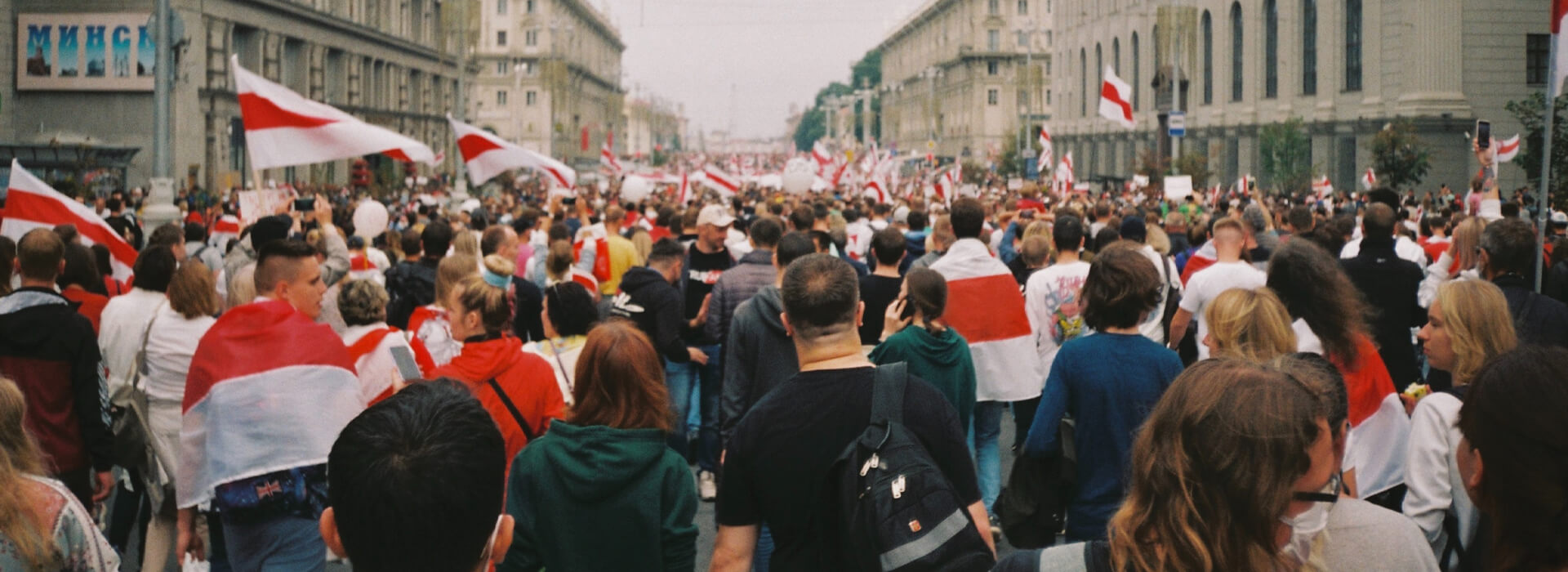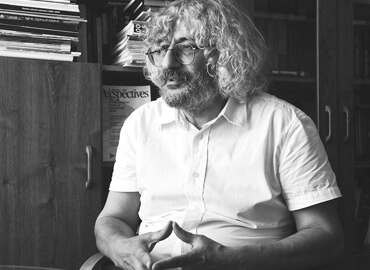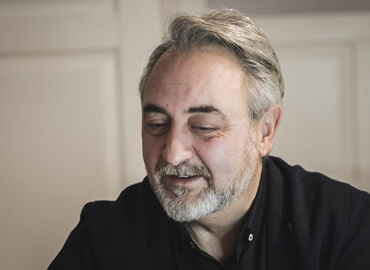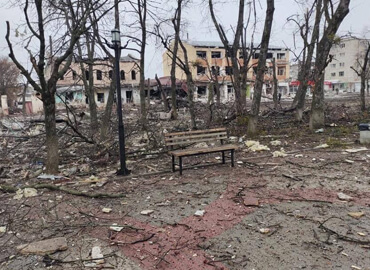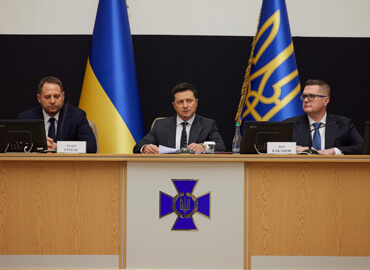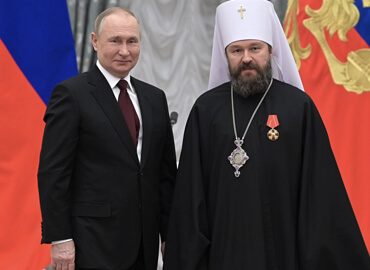The struggle for political survival has led to Alexander Lukashenka’s being awarded the dubious distinction of being named the only ally of Russia, which is viewed as an aggressor that poses a threat not only to Ukraine, but also to many European countries. The course of the confrontation between Russia and Ukraine suggests that Belarus is in for serious political upheaval following the end of hostilities.
Vladimir Putin enlisted Lukashenka’s support back in 2020-2021. The presidential elections in Belarus in August 2020, which resulted in the largest political crisis in the history of the country, the seizure of the plane with opposition member Roman Protasevich on board in May 2021 by Belarusian authorities, and the refugee crisis in the autumn of 2021 left the self-proclaimed President of Belarus without room for political maneuver. Putin prudently bestowed on Lukashenka the familiar title of «the last dictator of Europe» and made him his confidant. Russia hardly used any financial leverage to «tame» Lukashenka, preferring instead to use conspiracy tools.
Alexander Lukashenka, during a meeting with Russian television propagandist Vladimir Solovyov in early February 2022, said that «the war with Ukraine will last 3-4 days, because there will be no one there to fight against us.» This approach was generally in line with the vision of Western military experts and the governments of NATO and EU countries. But it is unlikely that Lukashenka will be able to use this to justify his actions in the coming days.
Beginning February 24, 2022, hundreds of missiles were fired from Belarusian territory at various targets in Ukraine, and Russian combat aircraft carried out hundreds of sorties from Belarusian airfields. Clearly, Russian troops entered Ukraine from Belarus, as they could not have ended up in the suburbs of Kyiv so quickly otherwise. Lukashenka and other officials’ numerous promises regarding that aggression coming from Belarus was impossible were as worthless as the article from the country’s revised constitution that guarantees the same.
It was Belarus that became a reliable rear for Russian aggressors, and it was from its territory that looters in Russian uniforms sent their spoils home. The wounded invaders have been treated in Belarusian hospitals and the country’s railway network has been used for transporting Russian troops. Attempts at sparking a «rail war» conducted by Belarusian citizens testify not only to the presence of opposition sentiment to Lukashenka, but also to the lack of popularity of the idea of war with Ukraine throughout Belarusian society.
Belarusian troops did not take active part in the military invasion of Ukraine. This made it possible to avoid the expansion of hostilities to a third country and the internationalization of the conflict, which could be used for provocative actions against NATO countries. The Belarusian military did not become participants in the aggression, opening the possibility of the reestablishing of bilateral relations with Ukraine. Another factor in the Russian-Ukrainian war has been the participation of the Belarusian volunteer battalion named for Kastus Kalinovsky on the side of the Ukrainian armed forces, which has the potential for becoming a prototype of a new Belarusian army.
Alexander Lukashenka, who opened the Belarusian-Ukrainian border for Russian troops, is at the very least an accomplice in the war crimes committed by the Russian invaders on Ukrainian soil. What happened in Bucha, Borodianka, and Irpin became possible thanks to his position, and this should not be overlooked.
However, this did not prevent Lukashenka from declaring his readiness to become the guarantor of Ukraine’s security when the war ends. His statement on this was obviously grounded in having held two rounds of Ukrainian-Russian negotiations on in Belarus. In attempting to raise the status of its ally, Russia is also pushing Belarus as a guarantor of security for Ukraine.
The end of the Russian-Ukrainian war, whenever it happens, will raise the question of Belarus’s political position and its role in the European security system. On the one hand, it should not be ruled out that Vladimir Putin will initiate a change in Belarusian leadership to cancel out former relationships. At the same time, one should not harbor any illusions about the political orientation of the next president, as it is highly likely that the Kremlin would seek to have it be pro-Russian. Another factor is that after the Russian-Ukrainian war it will be unlikely to find a European political partner capable of believing Lukashenka’s promises.
Материал доступен на русском языке: Похоронный марш для Лукашенко



